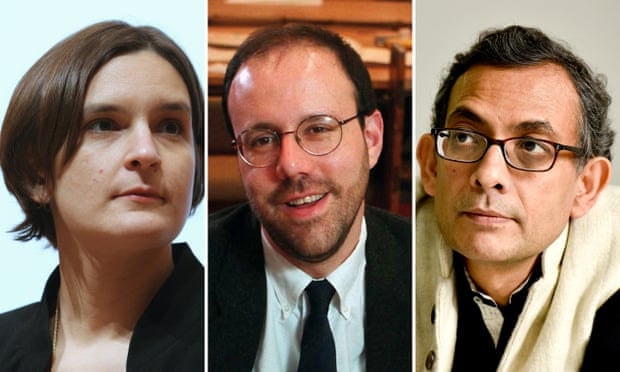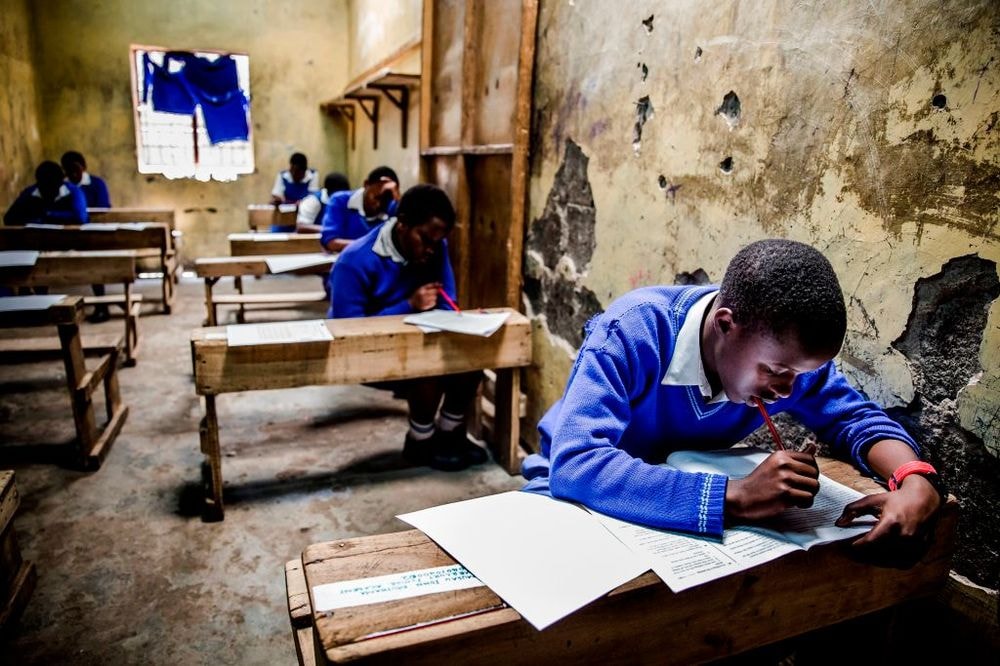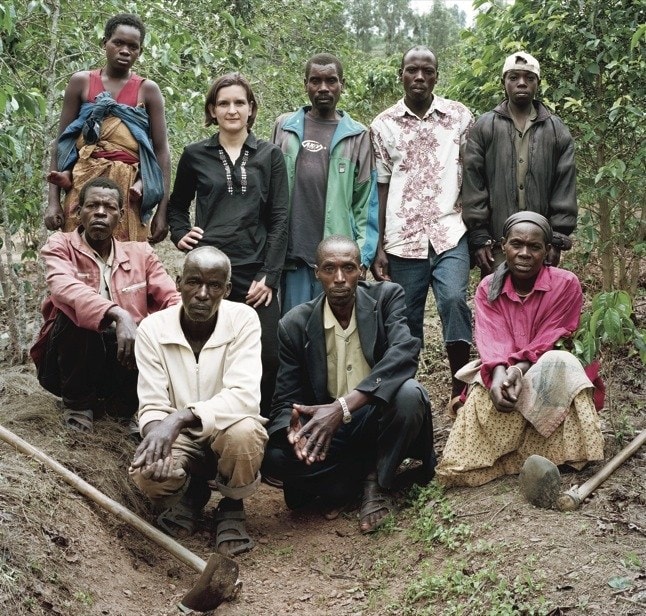Nobel Prize in Economics 2019: Reward for 'practical warriors'
(Baonghean) - This year's Nobel Prize in Economics went to three deserving economists, Abhijit Banerjee and Esther Duflo from the Massachusetts Institute of Technology, and Michael Kremer from Harvard University.
The prestigious prize was awarded “for an experimental approach to reducing global poverty,” which reveals some important ways in which the discipline of economics is changing.
 |
| Esther Duflo, Michael Kreme, Abhijit Banerjee - The trio won the 2019 Nobel Prize in Economics. Photo: Getty |
Breaking stereotypes
According to Bloomberg, there is a common perception of economists as being free-market zealots who downplay the role of government and pay little attention to the needs of the poorest in society. Countless economists reject this stereotype and have devoted their careers to studying how to lift up the poorest citizens in the developing world through government action. Banerjee, Duflo, and Kremer all fall into this category.
For example, all three economics professors study the benefits of education. People living in developed countries often take universal public education for granted, as well as the economic wealth that an educated population creates. Developing countries like Kenya and India do not have that luxury. In 2003, Kremer reviewed a series of randomized, controlled trials in Kenya, finding that spending more on education did help, but that health care, such as deworming, was also helpful in keeping children in school. Professors Banerjee and Duflo, along with co-authors Shawn Cole and Leigh Linden, studied a program that hired tutors for struggling students in India, as well as a computer-assisted learning program, and found that both were effective. Duflo also finds a sharp increase in monthly income due to public education spending in India, confirming the central role of schools in economic growth.
Over the years, Banerjee, Duflo, and Kremer have studied programs in developing countries that encourage farmers to increase fertilizer use, provide microcredit to slum dwellers, create “quotas” for women in local government, provide deworming for the poor, eradicate malaria, and many other targeted government interventions. In some cases—like microfinance—these programs have failed to live up to their initial promise and expectations. But many initiatives have been highly successful in generating lasting benefits.
For some, spending on programs like parasite control or tutoring may be seen as addressing only marginal or “tip-of-the-barrel” problems. It is true that investment and industrialization are what ultimately transform poor countries into rich ones. But as China and India have both shown, such growth often leaves the poor behind for long periods of time. And as Banerjee and Duflo emphasize, a healthy, well-educated population influences the rate of return on investment, thus playing a crucial role in kick-starting rapid development. Meanwhile, in countries that have yet to industrialize, the best that can be hoped for in the short term is to reduce suffering. So the work of Banerjee, Duflo, and Kremer is crucial on many fronts.
 |
| Investing in education is one of the keys to escaping poverty. Photo: AFP |
Innovation in research
The second notable thing about this year’s Nobel Prize in Economics is the type of research it honors. Economists are often associated with theorists, drawing supply and demand curves on blackboards, oblivious to the complex realities of the world out there. But recent decades have seen a major shift toward empirical data analysis, with the question of cause and effect at the heart of the process.
Banerjee, Duflo, and Kremer helped pioneer one of the most important new experimental techniques—randomized controlled trials. Instead of studying the effects of government programs, they went into poor countries and created the programs. This type of research is becoming more common; in the early 2000s, only a handful of randomized controlled experiments were published in economics each year, but now there are hundreds.
This trend has been met with some criticism, arguing that randomized controlled trials tend to have low statistical power, and without a solid understanding of why the programs being studied have the effects they do, it is difficult to apply the lessons learned elsewhere.
But Banerjee, Duflo, and Kremer are aware of these problems, and have devoted much of their research to addressing them. They have worked on both improving the reliability of statistical assessments and “weighting” randomized controlled trials so that they still hold true in a broader context.
Banerjee and Kremer also offered theories about why governments fail to implement good policies and why poor countries fail to develop, helping to address the question of why some programs work and others do not.
 |
| Esther Duflo with coffee farmers in Rwanda. Photo: Newyorker |
In a 2017 speech, Duflo responded to her critics by redefining the whole idea of what economists should do. She compared development economists to plumbers, who solve real-world problems in specific situations rather than seeking universal insights. Because poverty problems vary widely from place to place, she argued, economists should roll up their sleeves and find solutions specific to each situation.
It would be a dramatic change for an often-reclusive academic field. But Duflo, the youngest economist to win a Nobel Prize at 46, could demonstrate where the profession is headed – to economics that is humble, practical, empirical and always connected to real human problems, especially those of the poorest in society.

